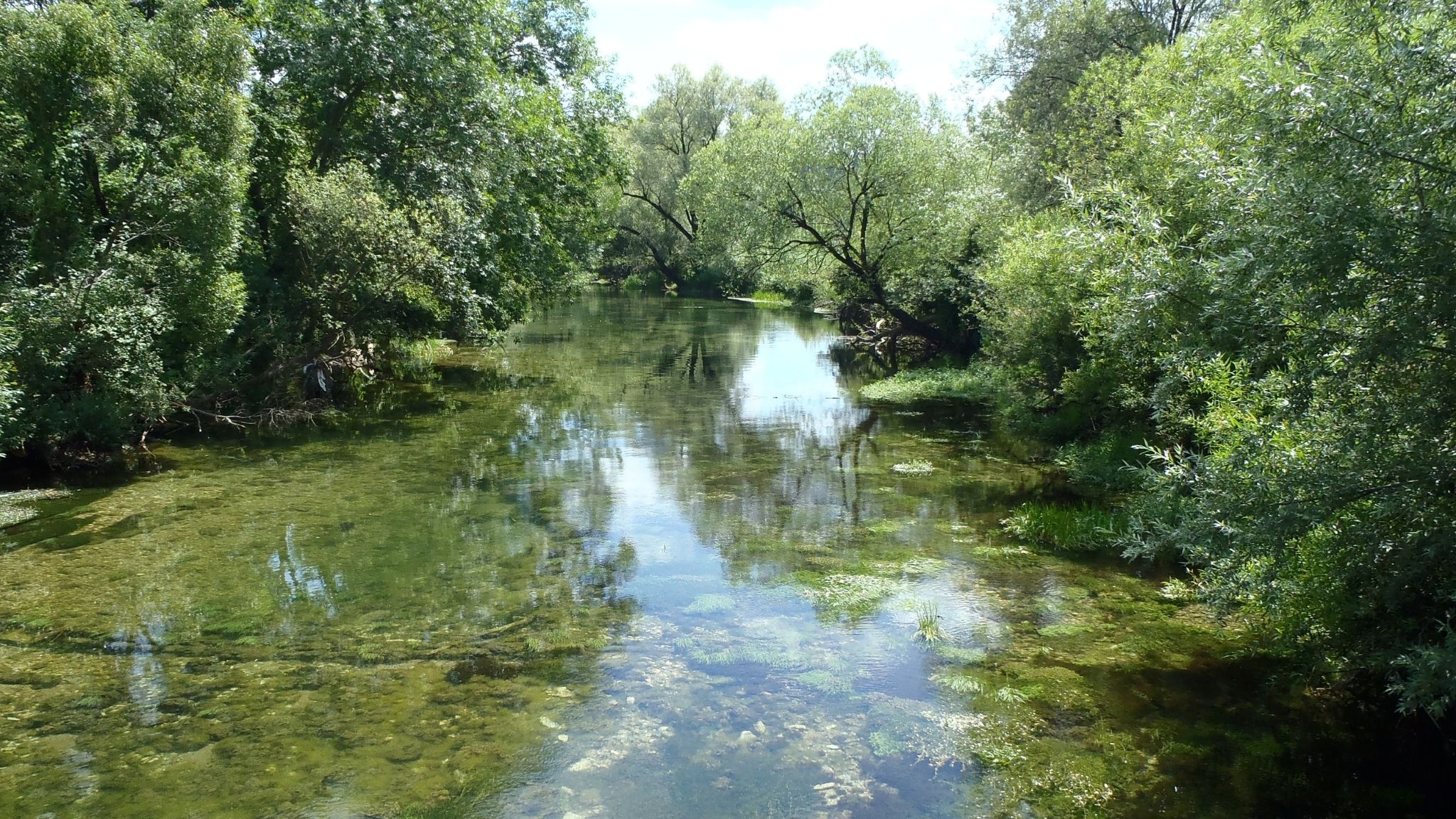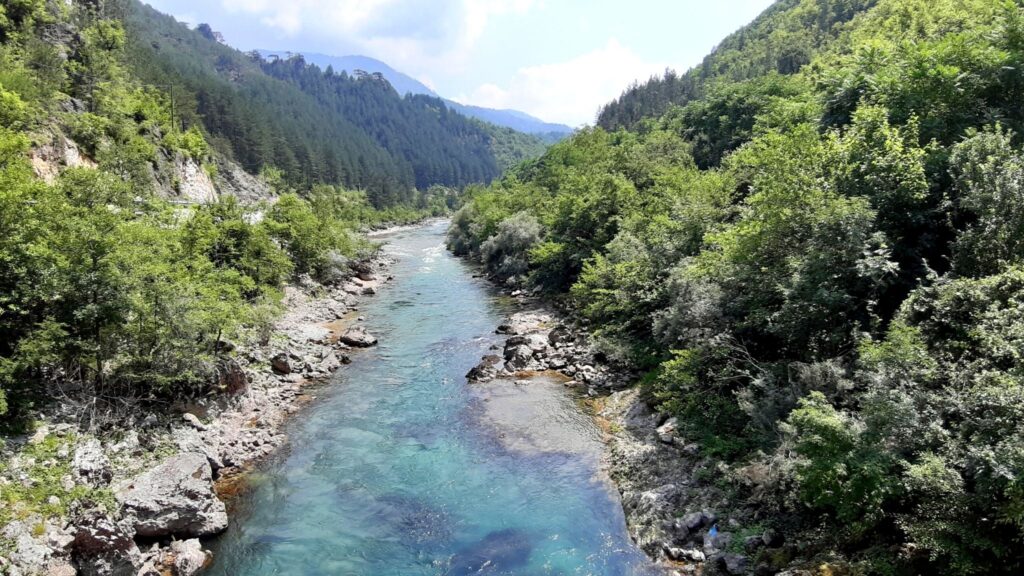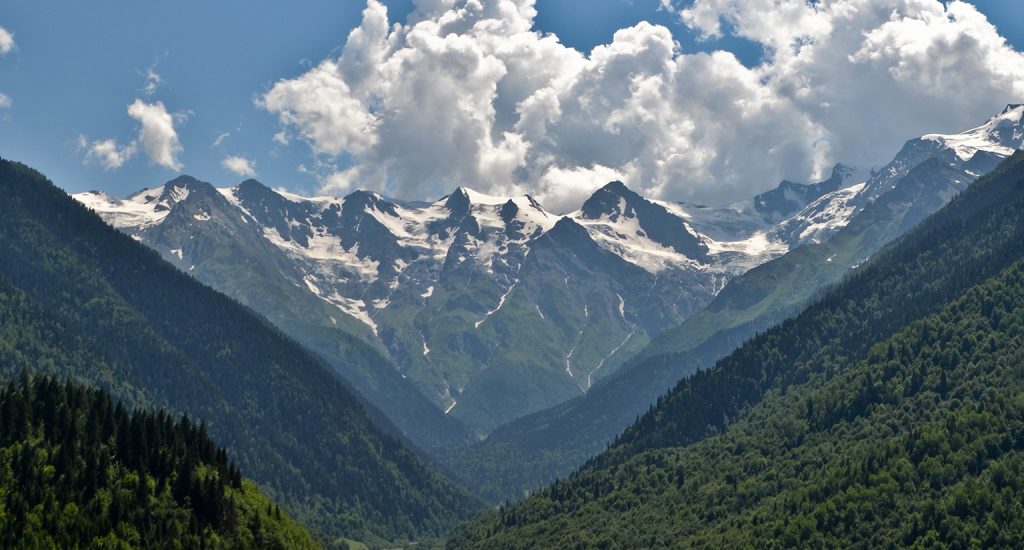The countries of the Energy Community Treaty have diverse energy mixes, but hydropower has traditionally played a strong role in many of them. Albania is almost completely reliant on dams for its domestic electricity generation, followed by Georgia with an average of 80 per cent of electricity generated by hydropower and Montenegro with an average of 55 per cent.

Stay informed
We closely follow international public finance and bring critical updates from the ground.
Background
The countries of the Energy Community Treaty have diverse energy mixes, but hydropower has traditionally played a strong role in many of them. Albania is almost completely reliant on dams for its domestic electricity generation, followed by Georgia with an average of 80 per cent of electricity generated by hydropower and Montenegro with an average of 55 per cent.
But what started as a strength is becoming a liability. More and more erratic rainfall is exposing how vulnerable hydropower is to climate change, while its damaging impacts on biodiversity, groundwater and sediment transportation are becoming better understood.
This has not stopped decision-makers’ zealous plans to develop the sector, including in countries like Ukraine hydropower has not traditionally played a major role. Decades-old projects are still being pushed against all economic and environmental logic, while a rash of small hydropower plants driven by feed-in tariff schemes has destroyed rivers and streams across southeast Europe.
The good news is that there are alternatives, with lower costs for the environment and also, increasingly, for the public purse, and that resistance to the unnecessary destruction of life-giving rivers is increasing day by day.
IN FOCUS
Latest news
Kambarata hydropower project: greater scrutiny from international banks is needed
Blog entry | 19 December, 2025Kyrgyzstan is promoting the massive 1,860 MW Kambarata-1 Hydropower Plant (HPP) as a solution to its ongoing energy crisis. The project, a joint effort with Uzbekistan and Kazakhstan on Naryn River, is actively seeking funding from international financial institutions like the World Bank, the European Bank for Reconstruction and Development (EBRD) and the European Investment Bank (EIB).
Read moreAlbania’s Skavica dam can’t get off the ground – time to finally cancel it!
Blog entry | 24 November, 2025The highly damaging hydropower project could hardly have had stronger political support at its inception, with the country’s parliament passing a special law in 2021 to appoint U.S. construction giant Bechtel as the main contractor. But four years later, the project has stagnated, with no environmental permit and no financing.
Read moreRomania’s Parliament paves the way for environmental destruction and ‘foreign agent’ repression
Blog entry | 20 October, 2025Romania stands at a dangerous crossroads. Last week, a law initiated by the senator Daniel Zamfir in 2022 and already then rejected by the Senate, passed by a crushing majority (262–33) in the decisive Deputies Chamber.
Read moreRelated publications
#SaveGeorgianNaturefromEBRDfinancedDams
Bankwatch Mail | 14 May, 2015 |In the run-up to this year’s annual meeting in Tbilisi, the EBRD has taken to social media, via the hashtag #Georgia15, to invite Twitter users to share “beautiful photos of Georgia with a global audience”.
External review of the Environmental and Social Impact Assessment of the Nenskra hydropower plant
Official document | 13 May, 2015 | Download PDFThe Georgian Ministry of Environment has commissioned an external review of the Environmental and Social Impact Assessment (ESIA) of the Nenskra hydropower plant before issuing its ecological expertise opinion which is a prerequisite for a construction permit. This review indicates that the ESIA report for Nenskra fails to sufficiently define the area of influence, suggest project alternatives, assess the impacts on the local communities and evaluate the costs and benefits of the project for the Georgian society.
Hydropower in Georgia
Briefing | 6 May, 2015 | Download PDFSince 2011 the European Bank for Reconstruction and Development has provided USD 210.5 million to three greenfield hydropower projects (HPP) in Georgia – Paravani, Dariali and Shuakhevi. Instead of bringing improvements on the ground and environmental standards that are on par with best international practice, the EBRD has, by funding these projects, simply justified the wrongdoings that were from the beginning apparent: the degradation of river ecosystems, corruption and threats to people.




